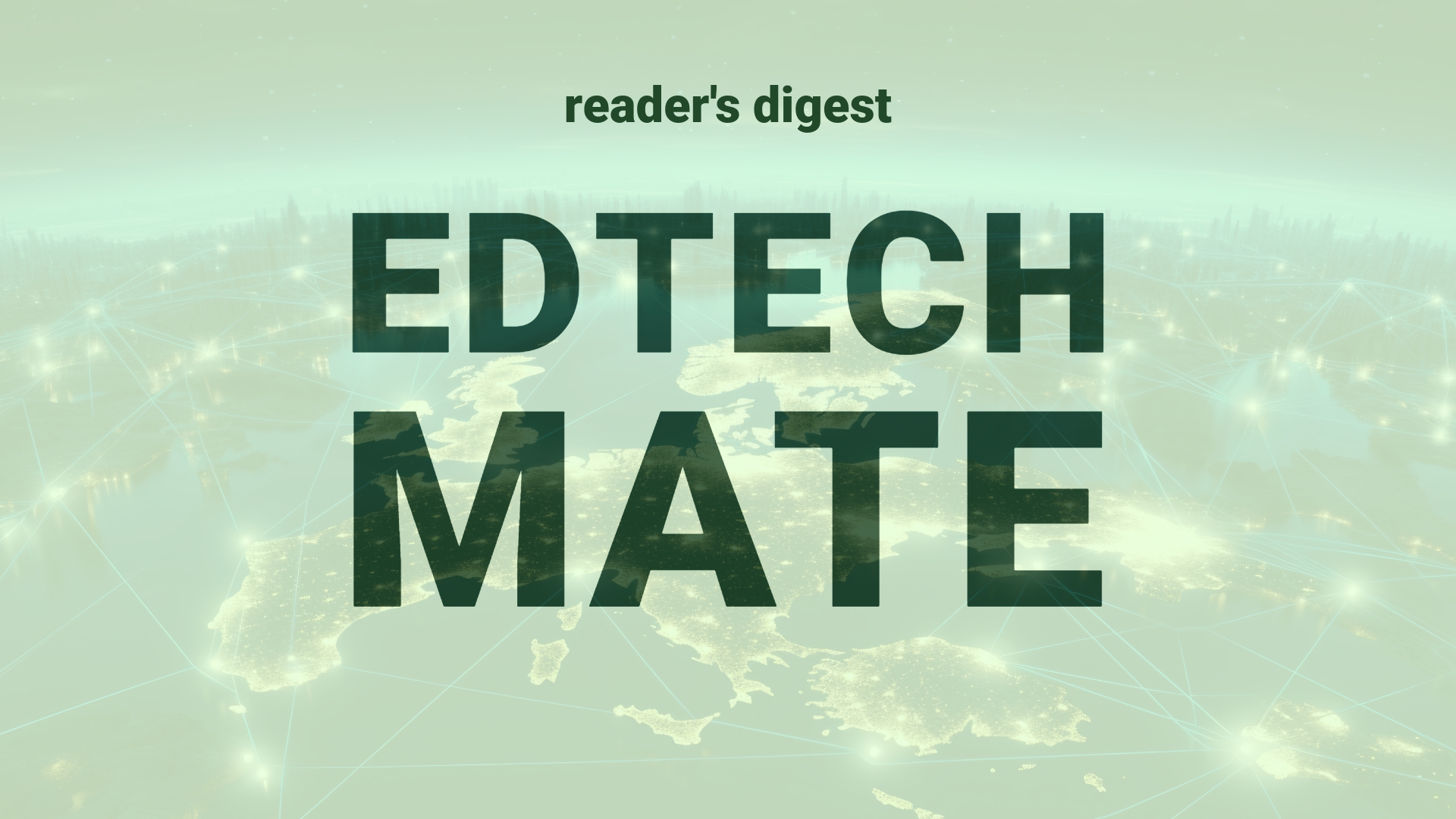“`html
Executive Summary and Main Points
In the field of international education, digital transformation is making significant strides through the “connected agent” strategy, an approach that reshapes the customer service landscape. Key innovations involve leveraging Artificial Intelligence (AI) to augment customer service representative (rep) performance, enabling them to deliver high-quality service at scale. Gartner’s concept of a “connected rep” emphasizes the integration of context, guidance, and strategic design to alleviate agent workload and ensure consistency in service interactions. Efficient utilisation of AI promises a considerable improvement in contact center efficiency, with anticipated enhancements of up to 30%.
Potential Impact in the Education Sector
The adoption of “connected agent” strategies and AI implementation can exert a transformative impact across various tiers of education. In Further and Higher Education, AI tools can offer nuanced, real-time guidance to educators, facilitate cross-functional department collaborations, and potentially decrease the administrative burden by predictive analytics. For the burgeoning market of Micro-credentials, AI can streamline student service systems, personalizing learning environments, and scaling up the certification processes. By strategically integrating AI, educational institutions can form partnerships that capitalize on digitalization and foster an interconnected learning ecosystem.
Potential Applicability in the Education Sector
AI has a plethora of applications within global education systems. Analyzing interaction data could improve curricular engagements and pedagogical strategies. Real-time analytics can assist faculty in adapting teaching tactics to student feedback instantly. Innovative digital tools like virtual assistants could offer students support across different languages and time zones, enhancing global accessibility. AI-driven desktops for faculty can neatly aggregate essential educational resources, bolstering the efficiently tailored education experience.
Criticism and Potential Shortfalls
The integration of AI in the education sector is not without its challenges and criticisms. Issues such as data privacy, cultural sensitivity, and ethical considerations of AI must be addressed. Moreover, disparities in technological infrastructure between institutions can lead to unequal adoption rates of these innovations. International case studies suggest that significant investment in training and change management is essential for successful implementation. There’s also the factor of AI’s impact on employment – while it streamlines some tasks, it could displace others, requiring a shift in workforce development strategies.
Actionable Recommendations
To leverage technology advancements in the global higher education context, it is recommended to
1. Pilot AI tools in a controlled environment within the institution to gauge efficiency and effectiveness.
2. Foster strategic partnerships between education providers and technology firms specializing in AI to build bespoke solutions.
3. Educate and train staff and students on the potential and use of AI, ensuring an understanding of both benefits and ethical implications.
4. Build a framework for continuous evaluation of technological impact on education quality, student engagement, and faculty workload.
5. Ensure technology investments are inclusive, addressing needs across various demographics and geographies to promote equitable access to high-quality education.
By considering these recommendations, international education leaders can explore ways to integrate AI and digital tools in a manner that aligns with their strategic missions and enhances global education delivery.
“`
Source article: https://www.cio.com/article/2098233/staying-agile-in-the-contact-center-industry-the-role-of-the-connected-agent.html

